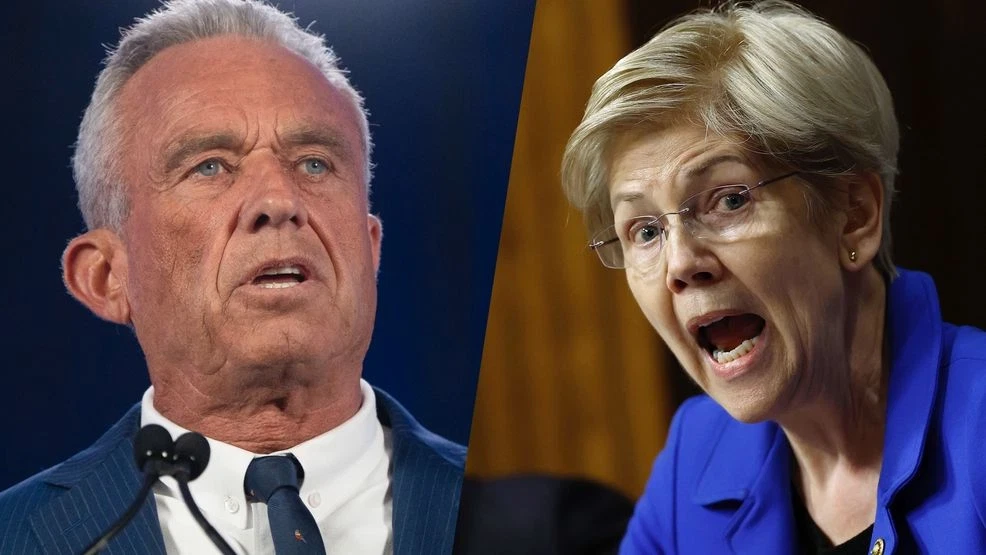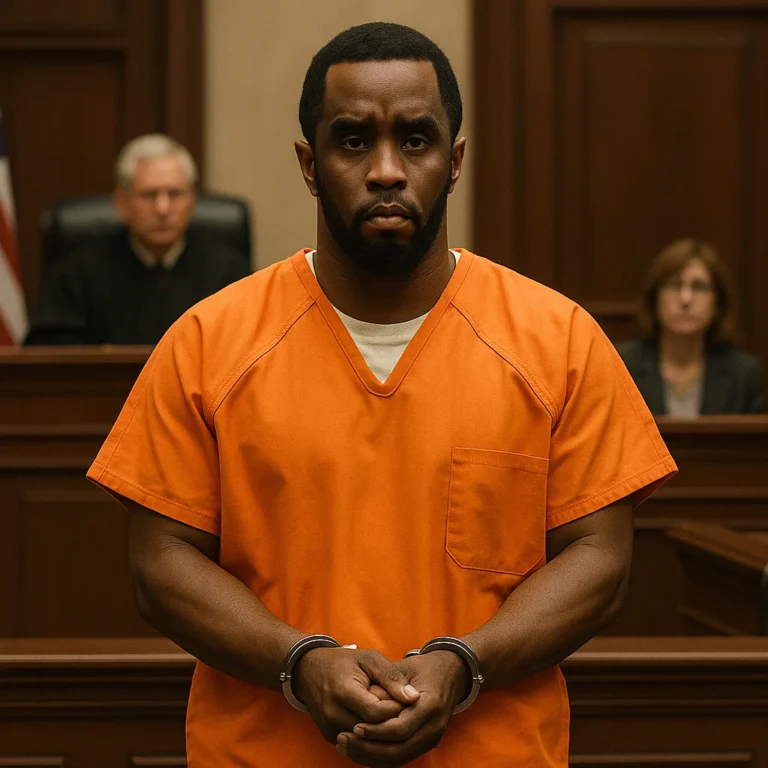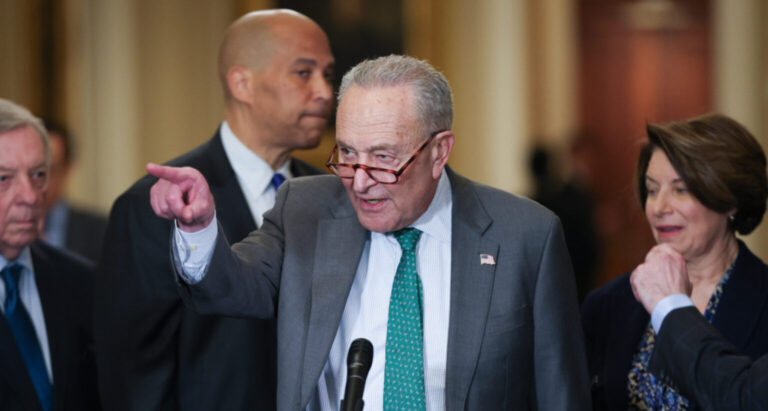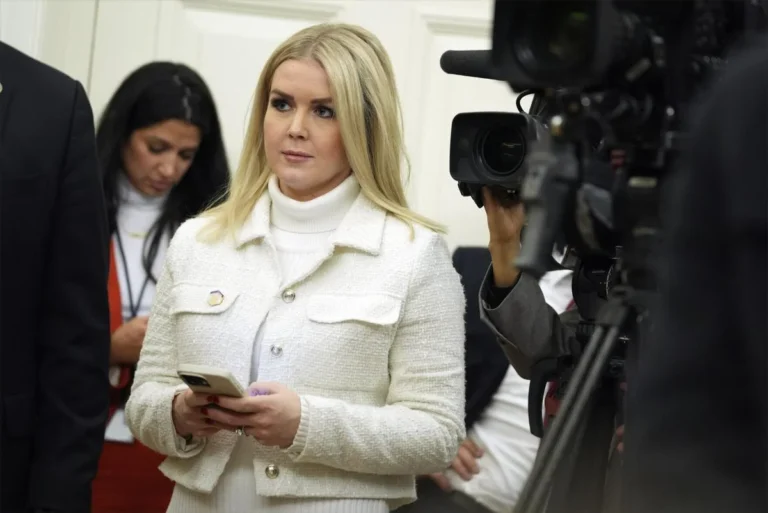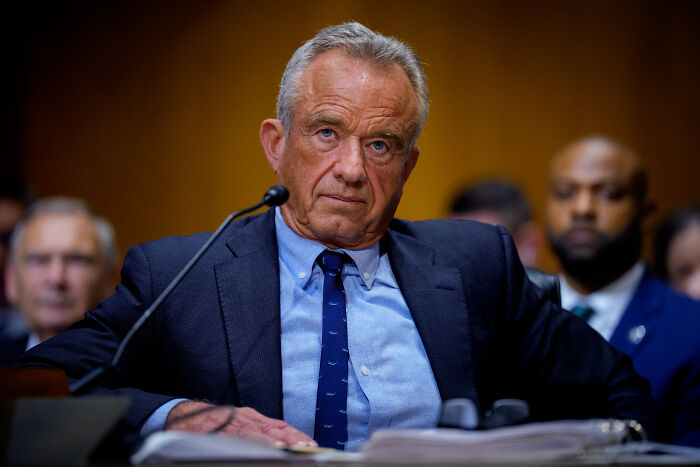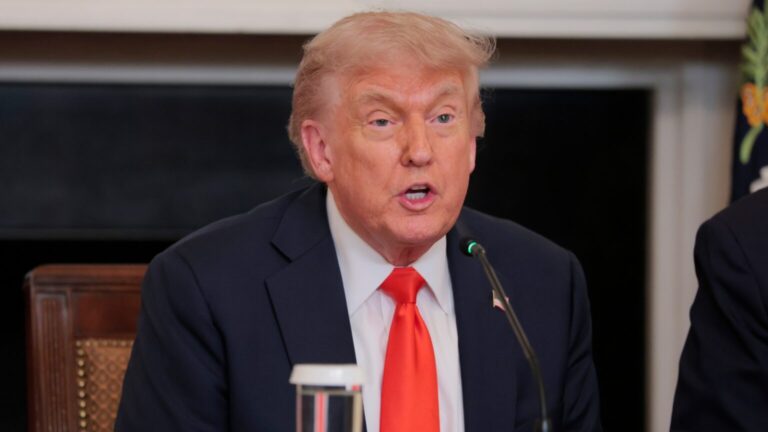HOLY SMOKES: RFK Jr. Exposes Elizabeth Warren For Taking…
Robert F. Kennedy Jr. exposed Senator Elizabeth Warren for accepting over $850,000 from pharmaceutical companies during a Senate Finance Committee hearing.
Kennedy, serving as Secretary of Health and Human Services under the Trump administration, confronted Warren directly after she questioned his credibility and pharmaceutical connections.
He responded by pointing to her campaign contributions, stating, “You’ve taken $855,000 from pharmaceutical companies.”
The exchange came during a tense back-and-forth in which Warren attempted to position herself as a watchdog over the health sector. Kennedy did not let the opportunity pass. He cited campaign finance data from OpenSecrets, which tracks donations from individuals in specific industries, including pharmaceuticals.
Though Warren did not deny the amount, she deflected Kennedy’s claim by pivoting to his past controversial remarks. Conservative sources quickly highlighted the moment, with Fox Business reporting that Warren had received over $5 million from the broader healthcare industry during her 2020 presidential campaign.
The hearing became a flashpoint, with Kennedy’s comments drawing applause from conservative lawmakers and media outlets. Many saw it as a long-overdue exposure of hypocrisy among self-proclaimed progressive lawmakers.
The Sun and Yahoo News covered the hearing, quoting Kennedy’s exact statement. These reports validated that the confrontation was not only dramatic but grounded in verifiable financial records.
Fox Business added more depth, pointing out that Warren’s total health sector contributions far exceeded the figure Kennedy cited. The site emphasized that Warren’s 2020 presidential bid was heavily funded by donors connected to the health and pharmaceutical sectors.
Warren, known for her grandstanding against Wall Street and big business, had made healthcare profiteering a central campaign theme. Yet her own campaign coffers tell a different story, raising serious questions about her sincerity and independence.
Kennedy’s revelation was not a mere political jab. It was a direct challenge to the legitimacy of Warren’s role in shaping healthcare policy, especially when her financial ties to the industry remain largely unexamined by left-leaning media.
Warren’s unwillingness to address the exposure during the hearing drew criticism from conservative lawmakers, some of whom called for an ethics review. Senator Josh Hawley remarked, “If Senator Warren wants to hold others accountable, she should be prepared to answer for her own financial ties.”
Kennedy has made waves in his new role by promoting transparency and pushing for accountability across federal health agencies. His stance at the hearing only solidified his growing reputation as a disruptor who refuses to play by Washington’s double standards.
The media response was predictable. While conservative outlets covered the confrontation in detail, most mainstream liberal media outlets either downplayed it or ignored it altogether. This pattern has fueled growing distrust among voters who see media bias as shielding Democrats from scrutiny.
Online reactions were swift. On social media platforms like X (formerly Twitter), clips of the exchange were shared widely, with many praising Kennedy’s courage and willingness to speak bluntly. One user wrote, “RFK Jr. just pulled back the curtain on Warren’s phony crusade against Big Pharma.”
Supporters of the America First movement celebrated the moment as further proof that the Trump administration is finally putting a spotlight on entrenched corruption. For them, Kennedy’s refusal to back down was a breath of fresh air in a city full of evasive politicians.
Others noted that the timing of the exchange was particularly significant. With healthcare policy once again in the national spotlight, Kennedy’s exposure of Warren’s conflicts of interest casts a long shadow over any reform efforts she leads.
Warren’s defenders attempted to minimize the fallout, claiming the contributions were from employees and not corporate PACs. But critics pointed out that money is money, regardless of whether it comes from a CEO or a pharmaceutical sales rep.
The fact remains that her campaign benefited heavily from individuals tied to the very industry she claims to oppose. That contradiction cannot be ignored, especially when she uses her position to influence legislation that impacts those same entities.
Kennedy’s action also undermines the narrative that he is a fringe figure. His efforts at the hearing displayed discipline, preparedness, and a refusal to be intimidated by political heavyweights like Warren.
The conservative movement sees this moment as a turning point. For too long, Democrats like Warren have lectured the country on corruption while accepting massive checks from the industries they demonize.
Republicans are now calling for a full audit of Warren’s campaign donations and for greater transparency requirements for senators involved in drafting healthcare legislation.
